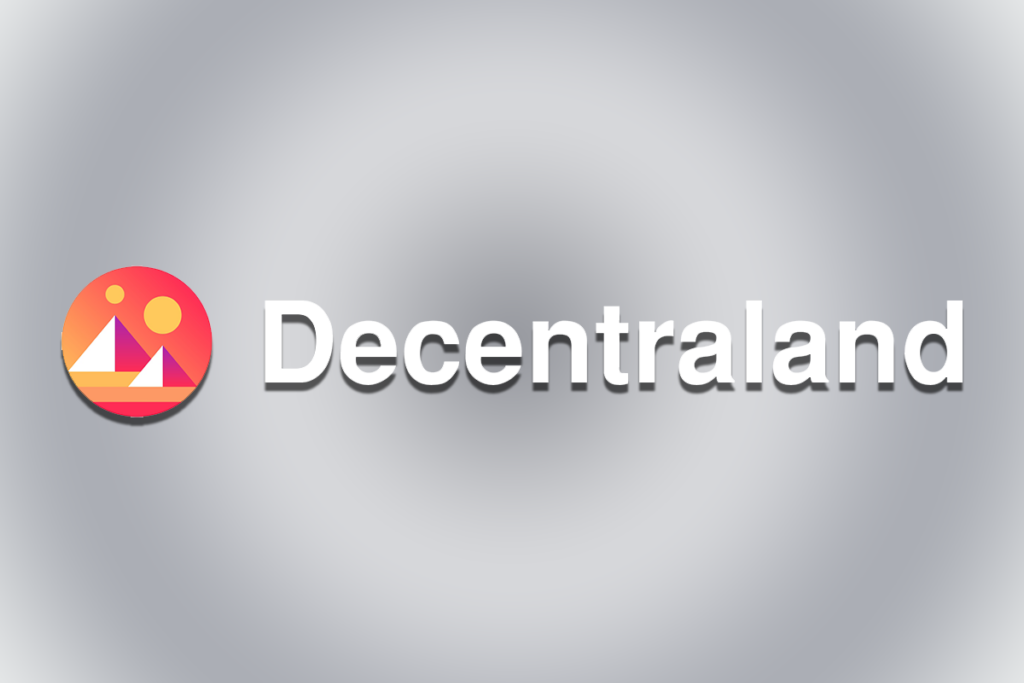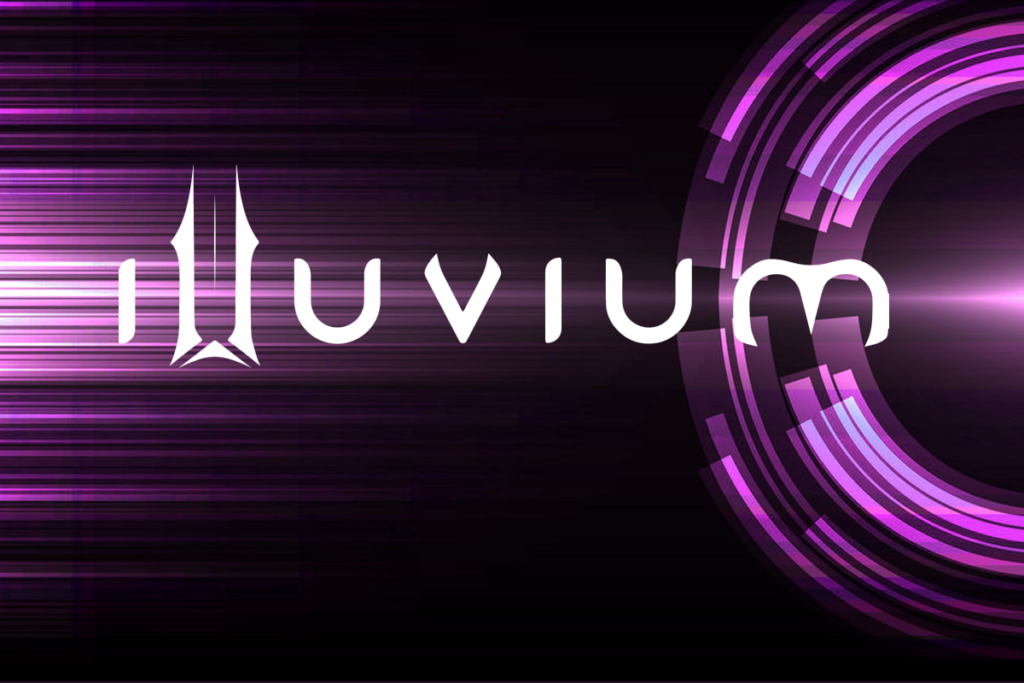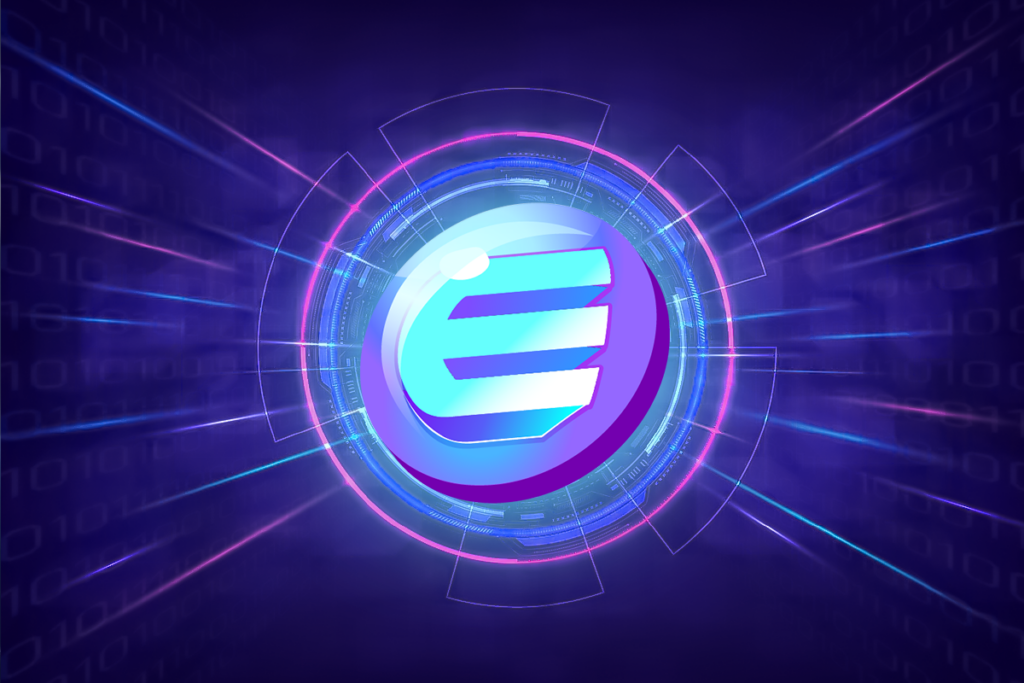Crypto News- The concept of the Metaverse has been gaining momentum in recent years as it represents a groundbreaking fusion of physical and virtual realities. It’s a digital realm that brings together virtual worlds, augmented reality, and the internet, offering users a vast, interconnected space for various experiences. The term “Metaverse” was coined in Neal Stephenson’s science fiction novel, “Snow Crash,” and it has since become a driving force in our tech-driven world.
The Top 5 Metaverse Coins for Your 2024 Investment Portfolio
At its core, the Metaverse is a digital universe where users can immerse themselves in computer-generated environments and engage with other users in real-time. It’s more than just a single virtual world; it’s a network of interconnected digital spaces accessible through devices like VR headsets, smartphones, and computers. This connectivity opens up a world of possibilities, from social interactions and gaming to education and commerce.
The impact of the Metaverse is poised to revolutionize multiple sectors. In the realm of entertainment, it provides a platform for immersive storytelling, allowing users to actively participate in their favorite narratives. Virtual concerts, events, and art exhibitions hosted within the Metaverse offer unique and engaging experiences for a global audience. Education can benefit from the Metaverse’s interactive and engaging learning environments, making complex subjects more accessible.
What difficulties does the metaverse face?
Businesses are exploring the potential for e-commerce within the Metaverse, creating virtual storefronts and personalized shopping experiences. It also facilitates remote collaboration, redefining traditional work structures and promoting flexibility.
However, the development of the Metaverse is not without its challenges. Privacy and security concerns, such as data breaches and identity theft, need addressing to ensure user safety. There are also concerns about addiction and excessive immersion in virtual environments, which could impact mental health and social interactions.
Despite these challenges, the Metaverse continues to evolve rapidly. Tech giants and startups are heavily investing in its development, aiming to make it more accessible and inclusive. As technology advances, the Metaverse is expected to become an integral part of our daily lives, reshaping how we interact, work, and play in the digital world.
The opportunities presented by the Metaverse are vast and varied. In education, it can transform the learning experience, offering students unparalleled engagement and understanding. High-risk sectors like the military can use the Metaverse for realistic training experiences. In healthcare, it enhances training, surgical procedures, and patient education. Socially, it fosters connections across the globe, offering novel entertainment experiences, even for individuals with disabilities.
Safety features, like ‘Safe Zones,’ offer users a sense of security. The Metaverse has the potential to redefine the way we learn, socialize, and prioritize safety and inclusivity, opening up endless possibilities.
However, there are challenges to overcome. Privacy and security issues require robust solutions. Addiction and detachment from the real world are concerns, necessitating a balanced approach. Ensuring equitable access for all, regulatory frameworks, and content moderation are essential for responsible development.
As the Metaverse evolves, addressing these challenges collaboratively is crucial to unlock its full potential while safeguarding its users.
Investing in 2024: Top 5 NFT Metaverse Games You Should Consider
Decentraland ($MANA):

Decentraland, powered by the Ethereum blockchain, stands at the forefront of Virtual Reality (VR) platforms, breaking the boundaries of conventional limitations. By leveraging unique tokens, Decentraland empowers users to acquire virtual land within its immersive realm, setting the stage for a dynamic and self-sustaining virtual economy.
This platform doesn’t just offer land ownership but a world of endless creative possibilities. Users can construct bustling commercial districts, serene recreational retreats, and much more. Beyond that, it provides engaging experiences like virtual casinos, interactive conferences, breathtaking water shows, and shopping escapades, all accessible via VR headsets or standard web browsers.
A fascinating historical framework adds depth to Decentraland’s development, mirroring human civilization’s evolution with distinct epochs. From the Stone Age to the Iron Age, this narrative layer showcases its commitment to innovation and immersive storytelling.
As Decentraland continues to redefine the possibilities of virtual reality and blockchain integration, it epitomizes the transformative potential of decentralized digital ecosystems, ushering in a new era of interactive virtual experiences.
Axie Infinity ($AXS):

Axie Infinity, a blockchain-based game on the Loom Network, mirrors the immersive charm of Pokémon GO. It allows players to nurture virtual creatures called Axies, embark on missions, build formidable battle teams, and participate in a dynamic marketplace for Axie trading.
The integration of Non-Fungible Tokens (NFTs) sets Axie Infinity apart, ensuring the uniqueness and ownership rights of each Axie. The “Play To Earn” model rewards skilled gameplay and active contributions to the game’s ecosystem, encouraging both skill and participation.
Inspired by Pokémon GO, Axie Infinity offers a range of engaging features, including battles, Axie breeding, and the option to upgrade habitats and bases. Its decentralized marketplace promotes global trading, making it a pioneering force in the world of blockchain-driven gaming.
The Sandbox ($SAND):

The Sandbox, running on the Ethereum network, offers an immersive platform for building, experiencing, and monetizing gaming content. The SAND token is its fundamental currency unit, driving user interactions and transactions.
Decentralization empowers creators to design and share gaming experiences without traditional constraints. NFTs secure copyright ownership, ensuring players retain control over their created content while earning SAND tokens. The integration of NFTs and Ethereum creates a self-sustaining virtual economy.
Illuvium ($ILV):

Illuvium is a decentralized RPG and collection game that immerses players in a captivating world. Its governance model allows stakers to influence tokenomics and gameplay mechanics, fostering community engagement and sustainable gameplay.
Illuvium addresses the challenges of NFT ownership within Layer 2 solutions by ensuring instant, secure, and seamless transfers to Ethereum’s Layer 1. Off-chain minting simplifies the gameplay process, enhancing accessibility for a broader audience.
Enjin Coin ($ENJ):

Enjin Coin optimizes the NFT gaming and NFT ecosystem, managing over 2 billion NFTs. Its versatile wallet securely stores various assets, including cryptocurrencies and NFTs. The marketplace facilitates buying, selling, and trading NFTs, enhancing liquidity and accessibility.
Enjin’s NFT creation platform empowers creators to bring their digital creations to life. Its blockchain solutions prioritize scalability and interoperability. The Beam feature simplifies NFT transactions through QR codes, making it user-friendly.
Enjin Coin plays a pivotal role in redefining the NFT and gaming landscape, serving as an industry leader in blockchain-powered innovations.
















Leave a comment